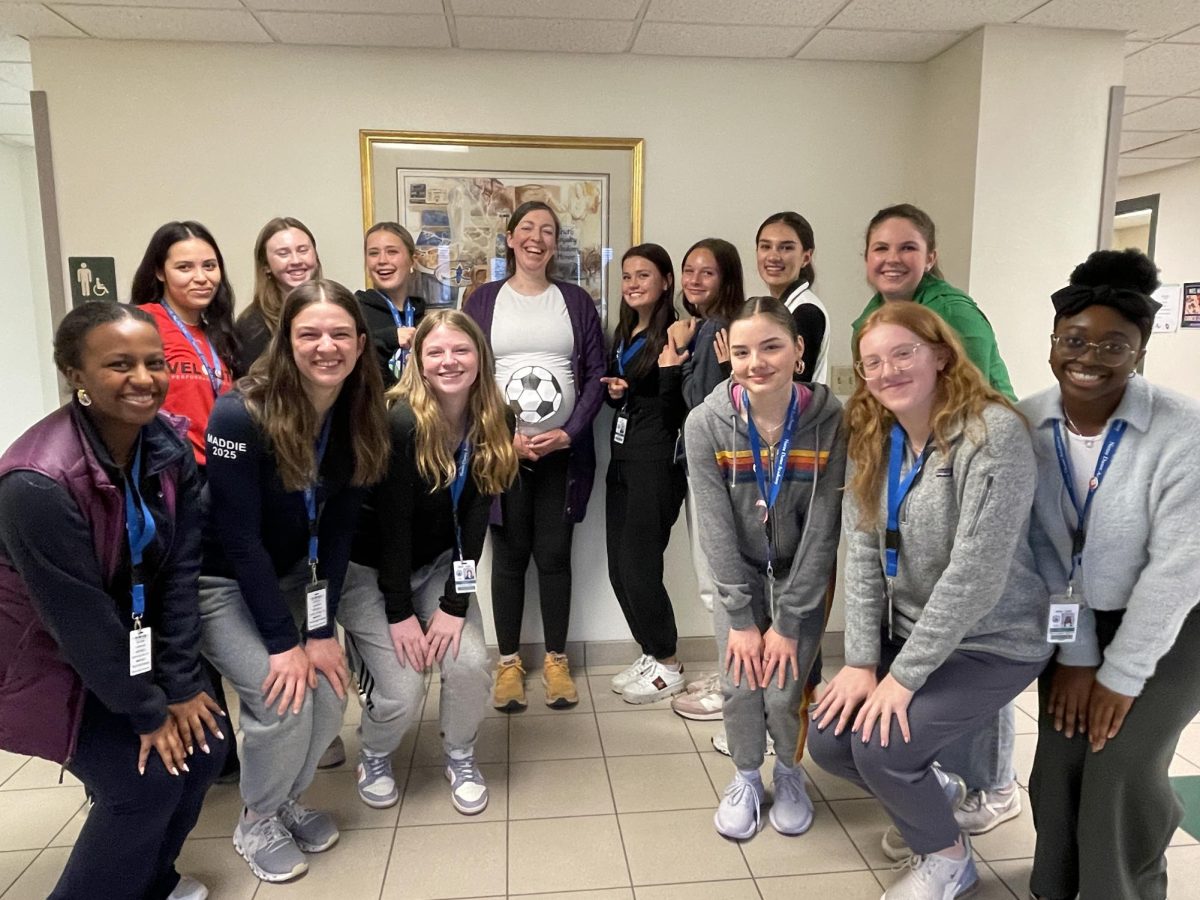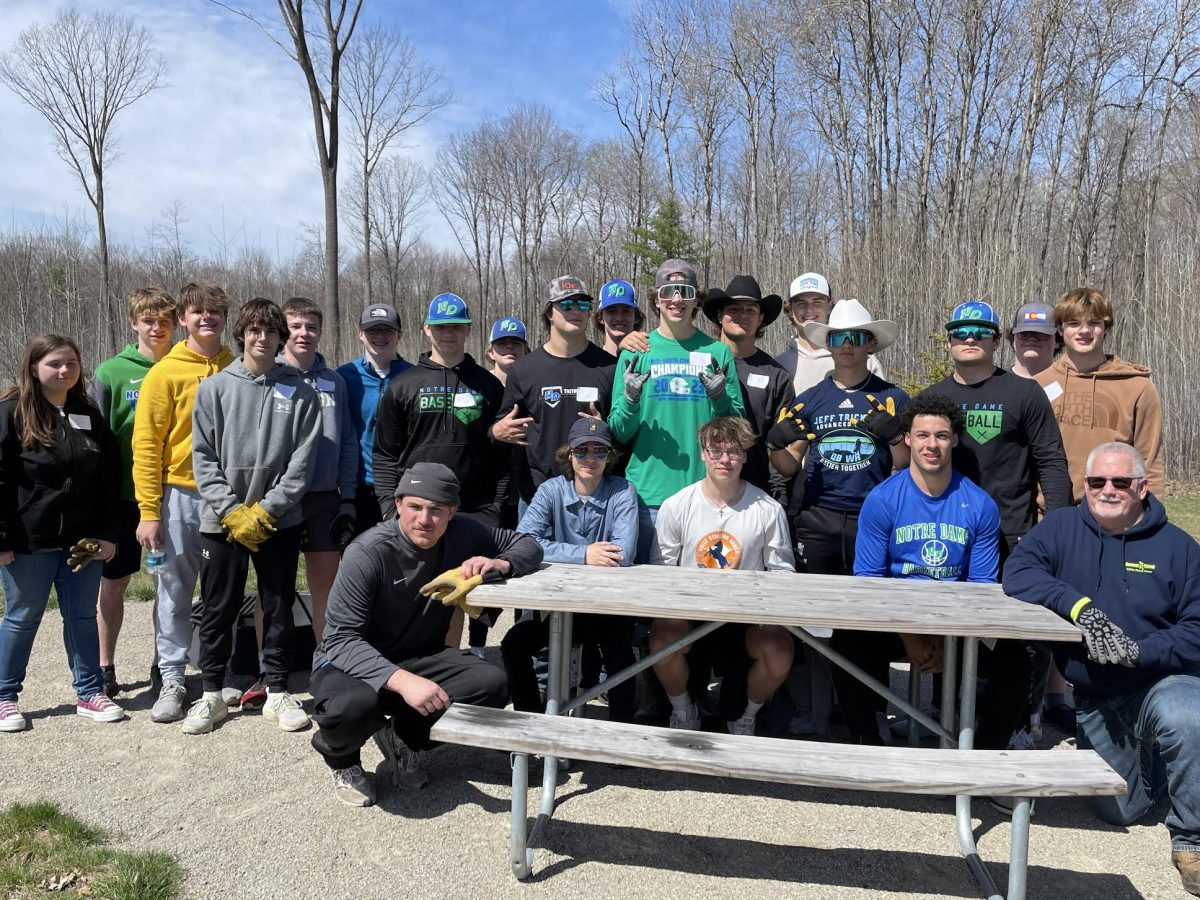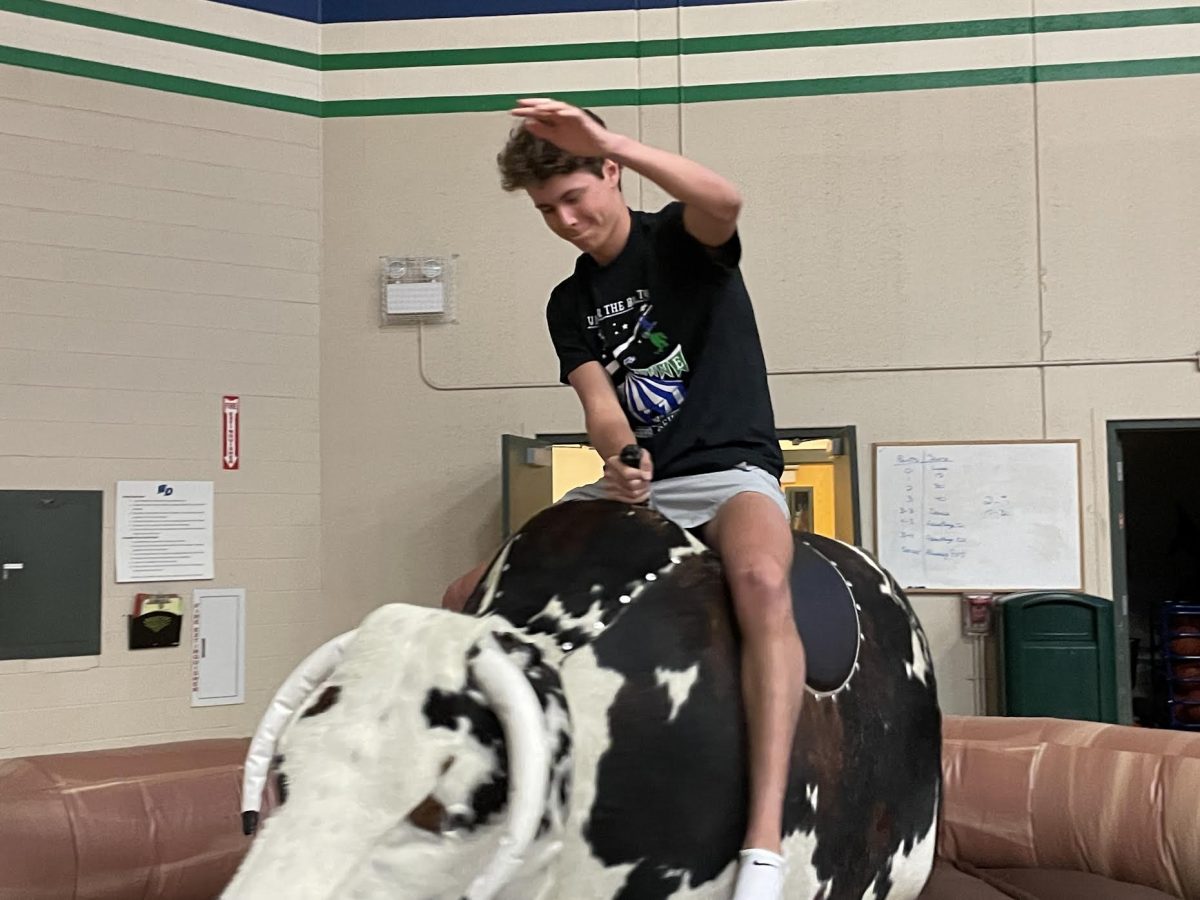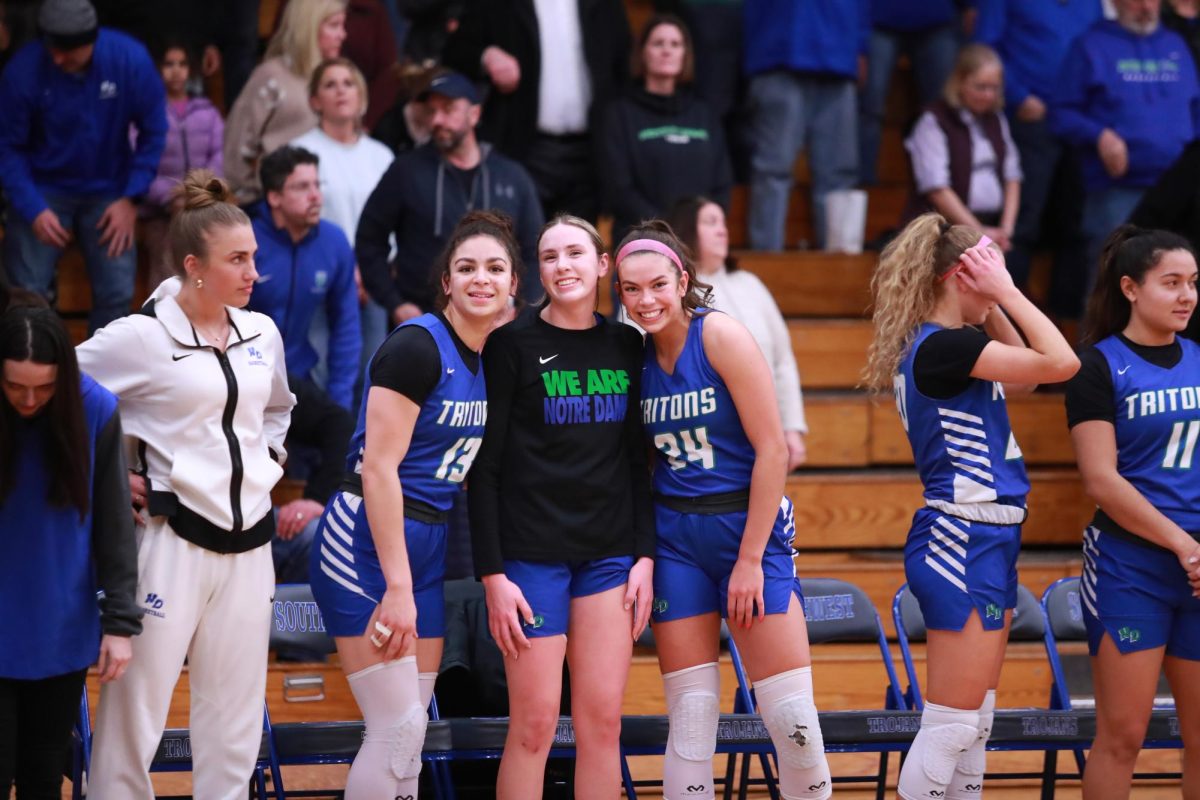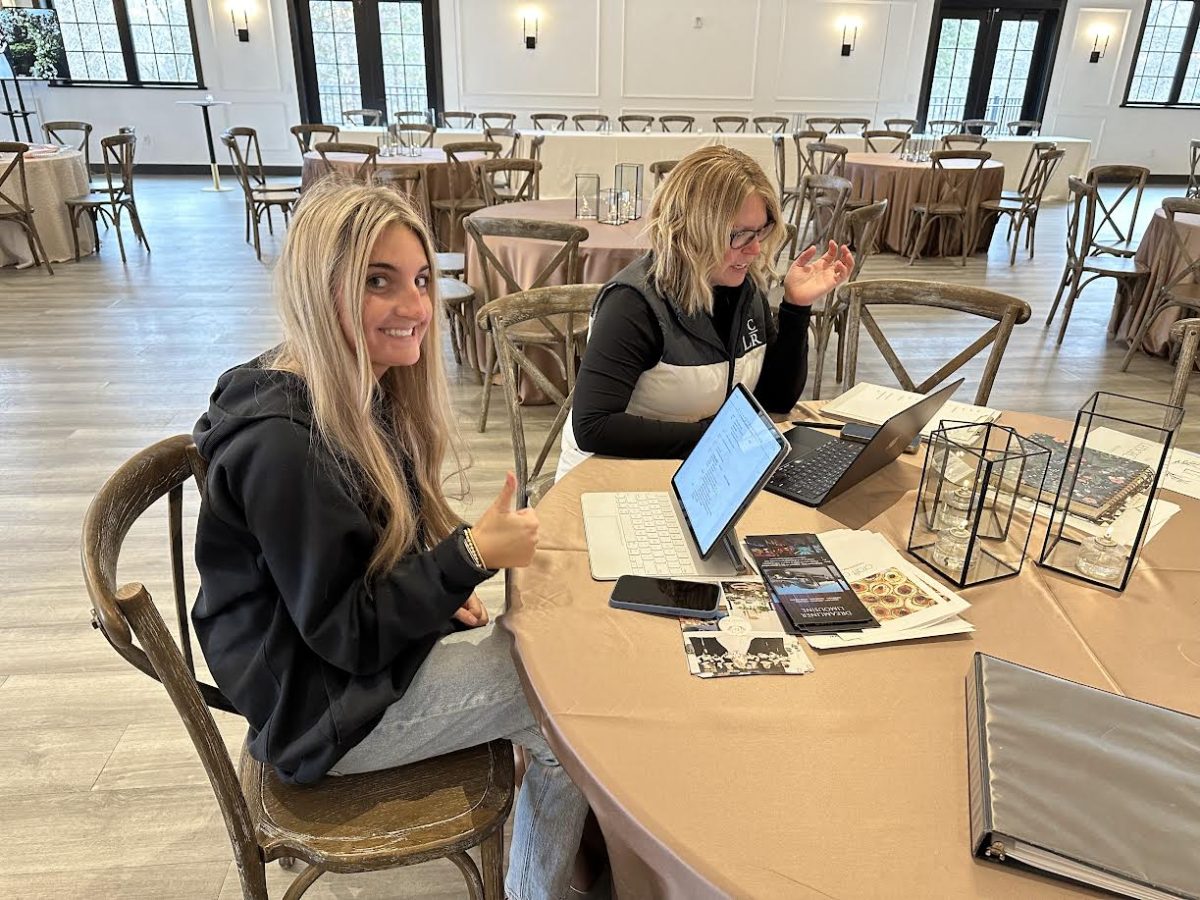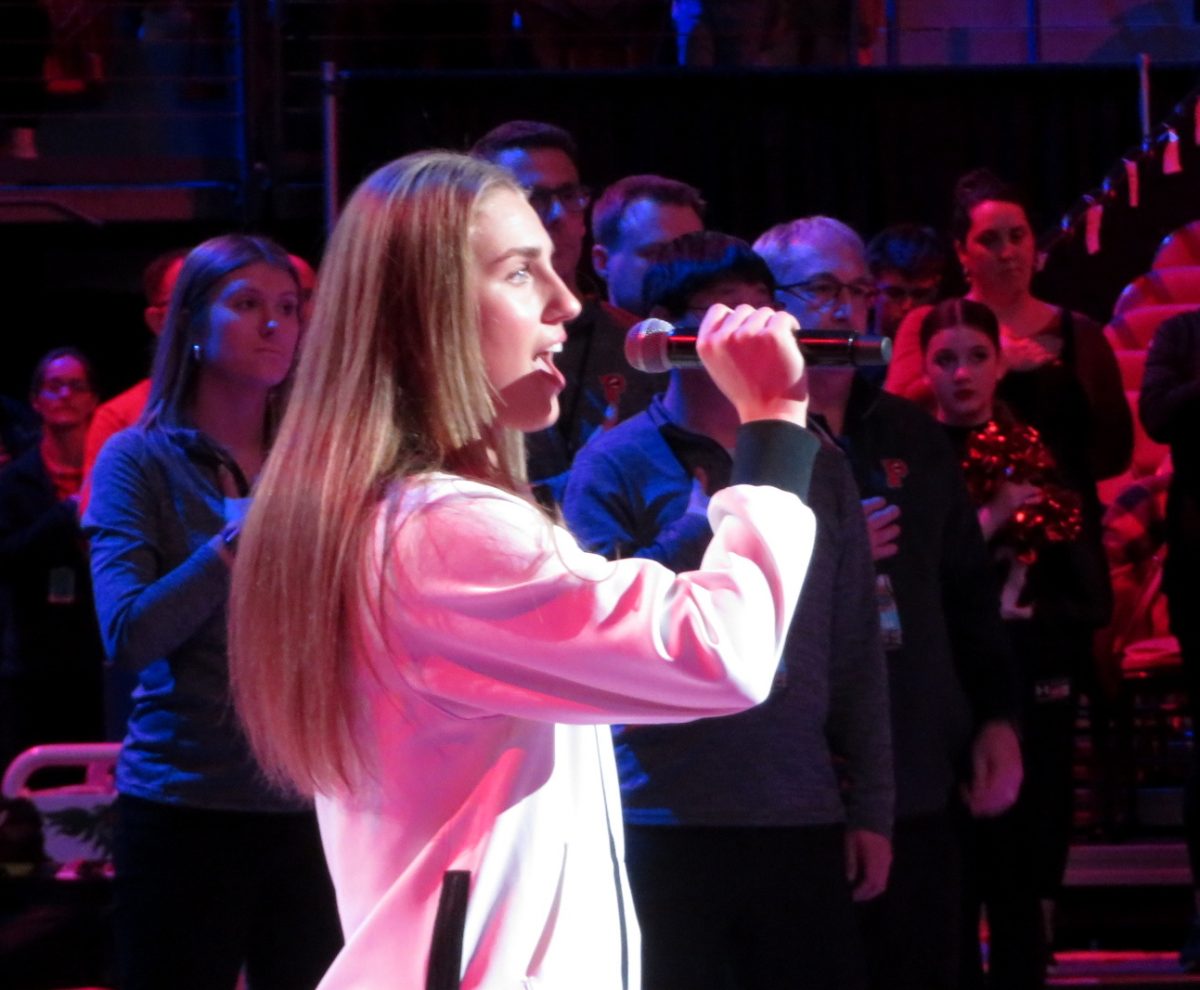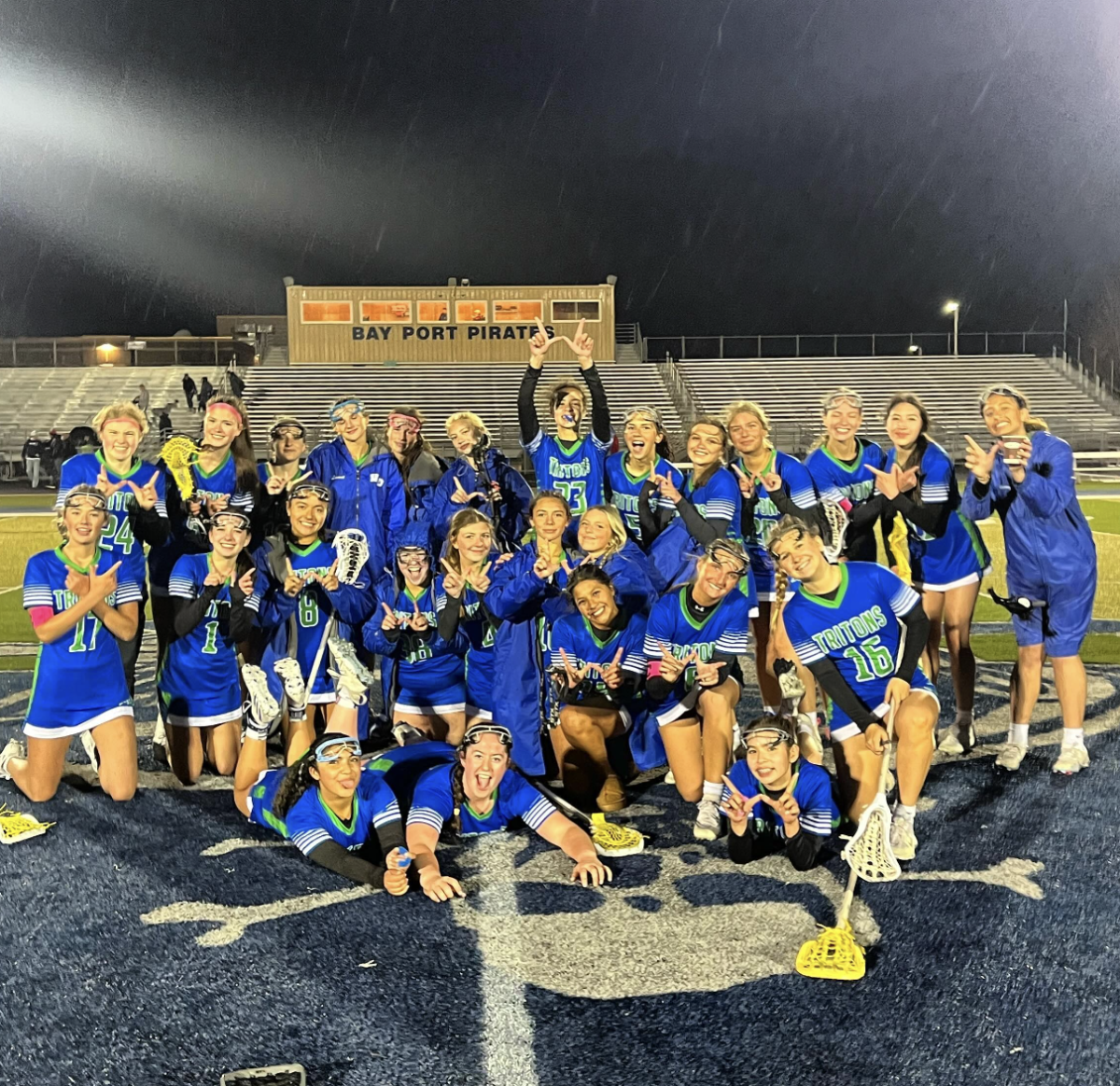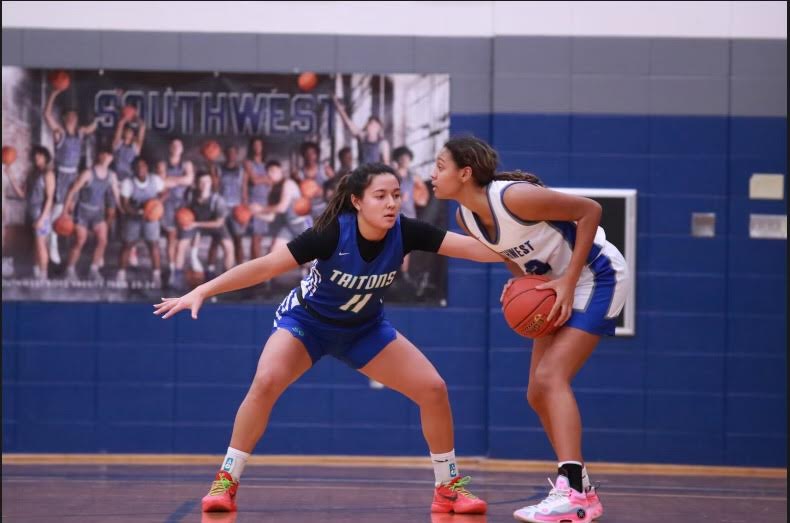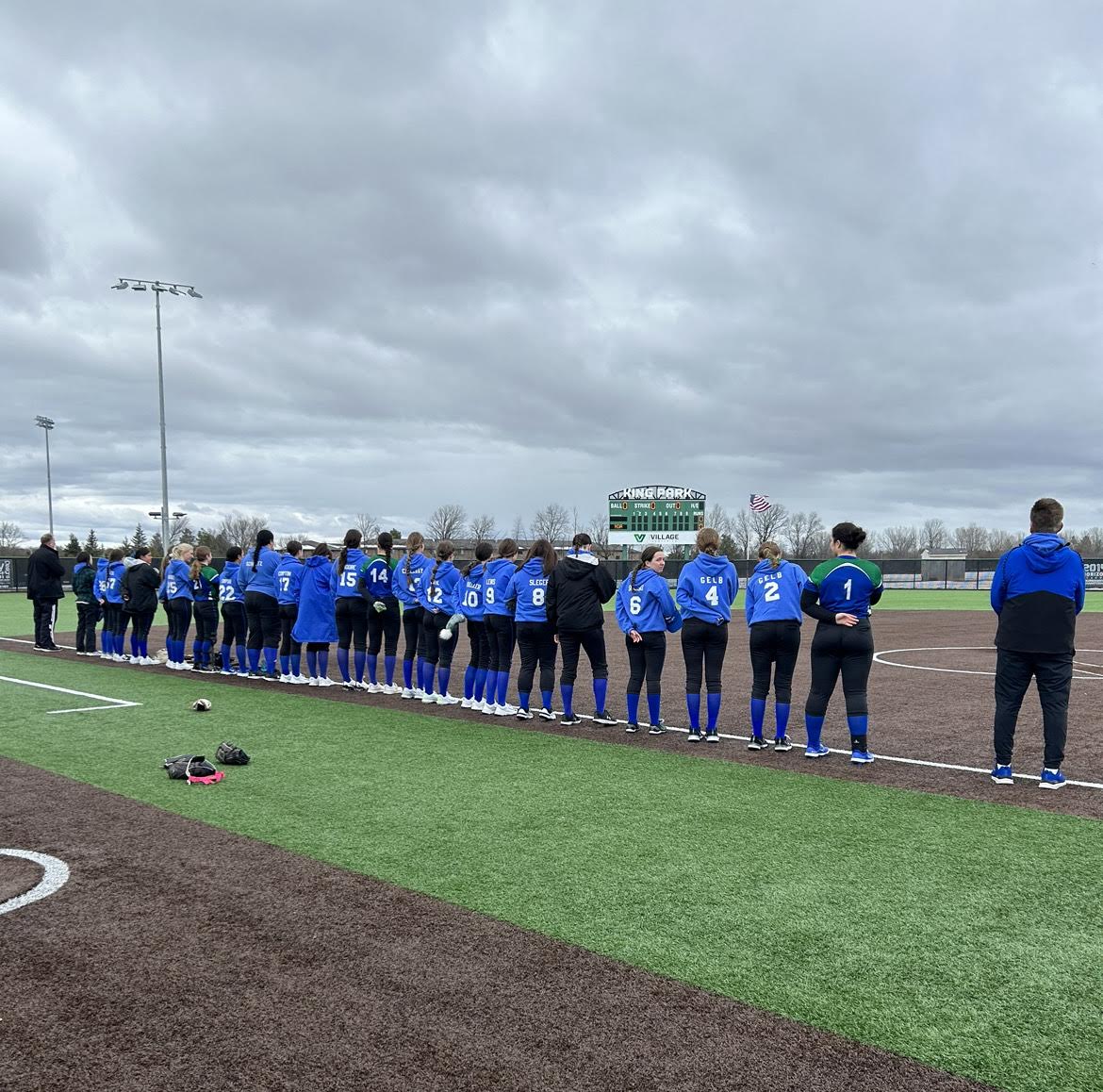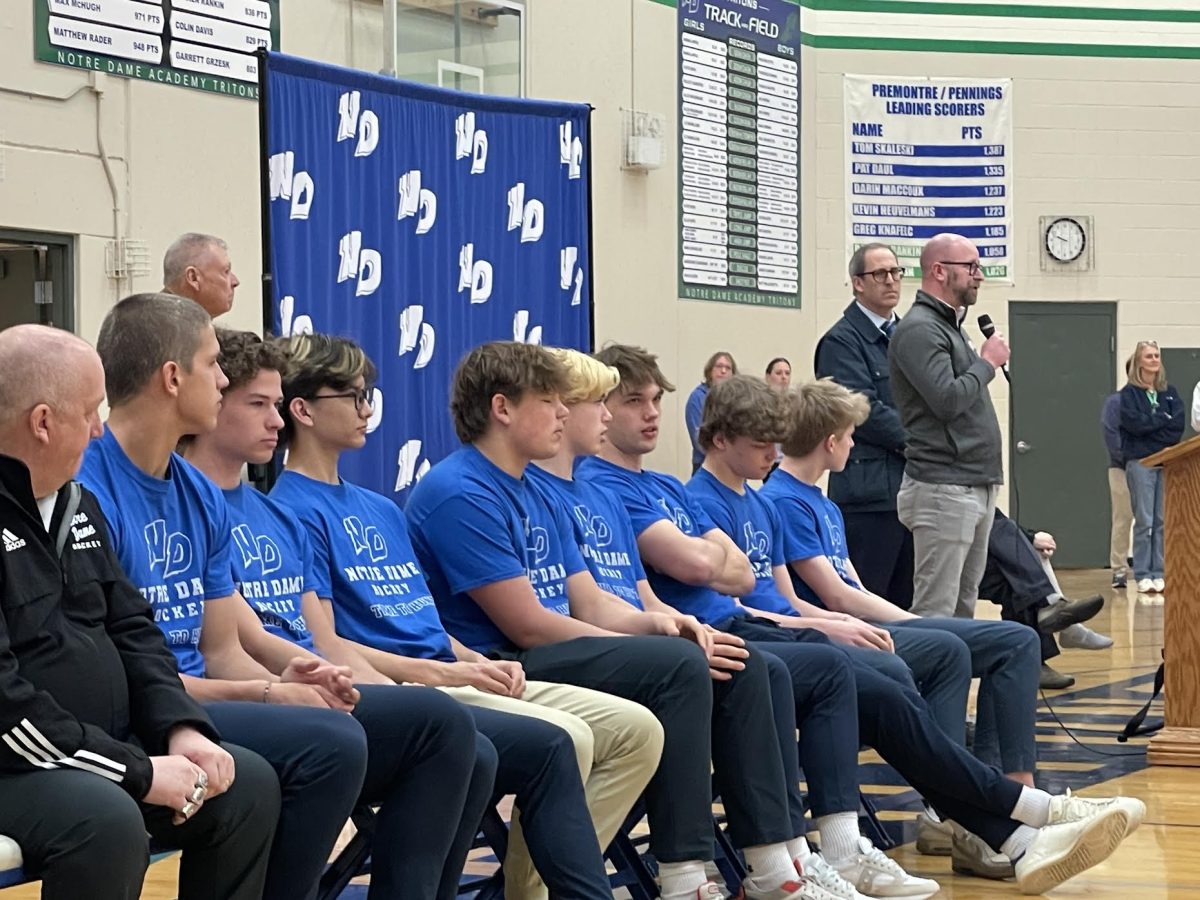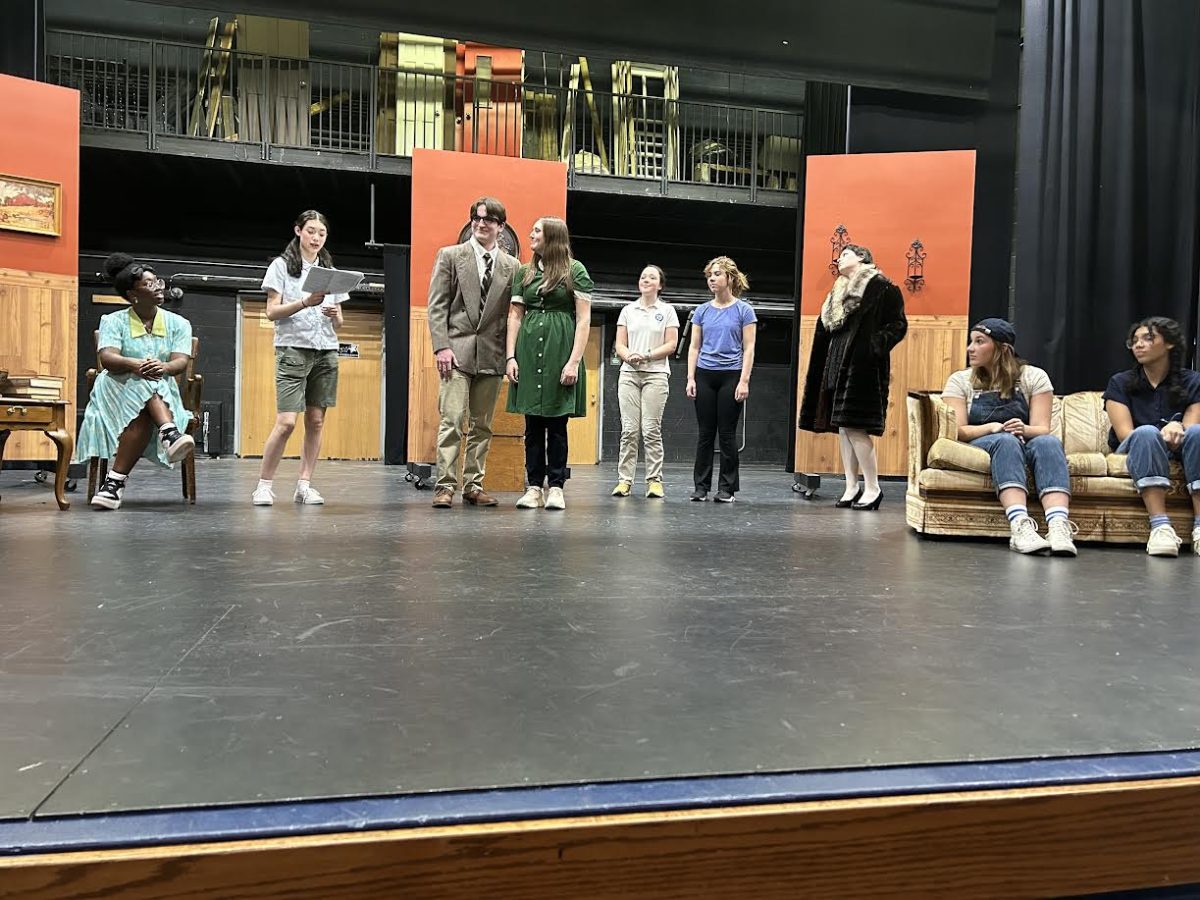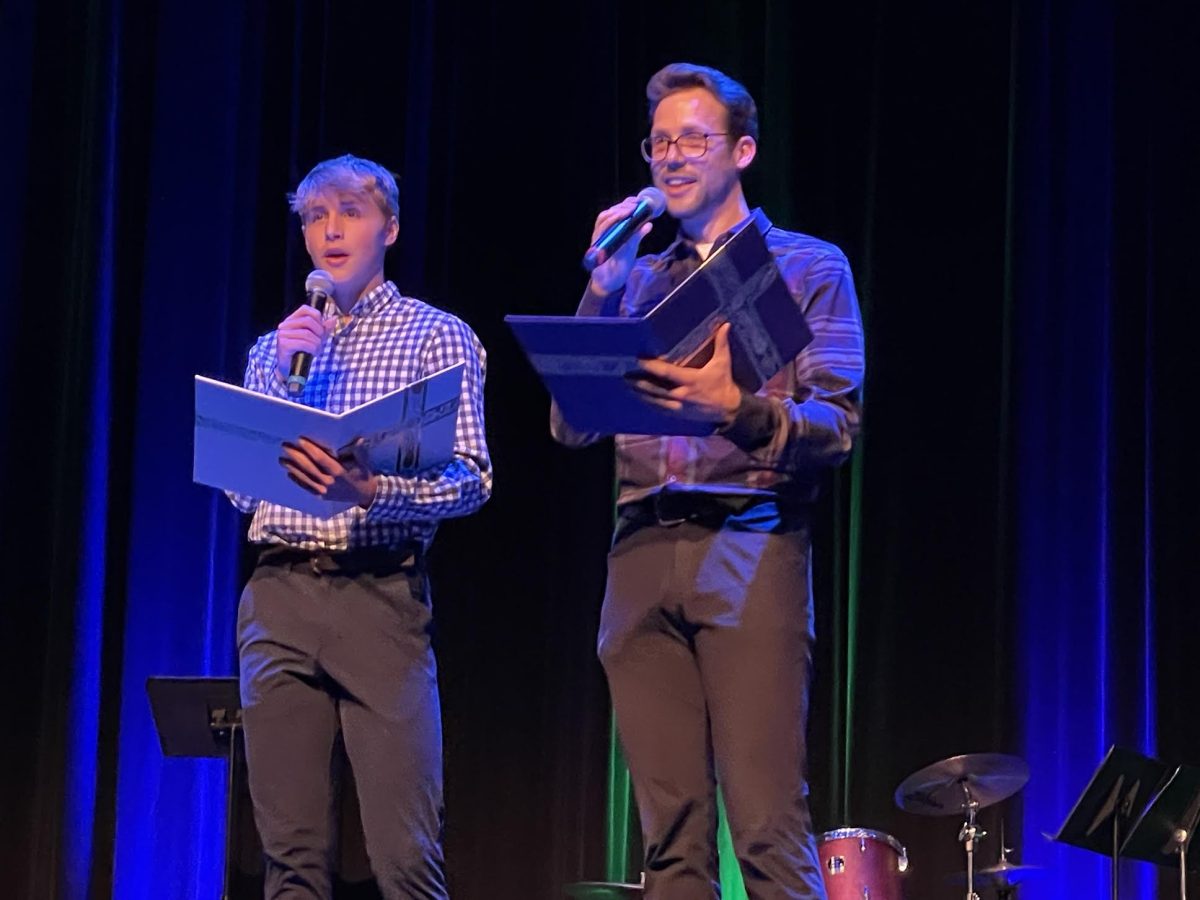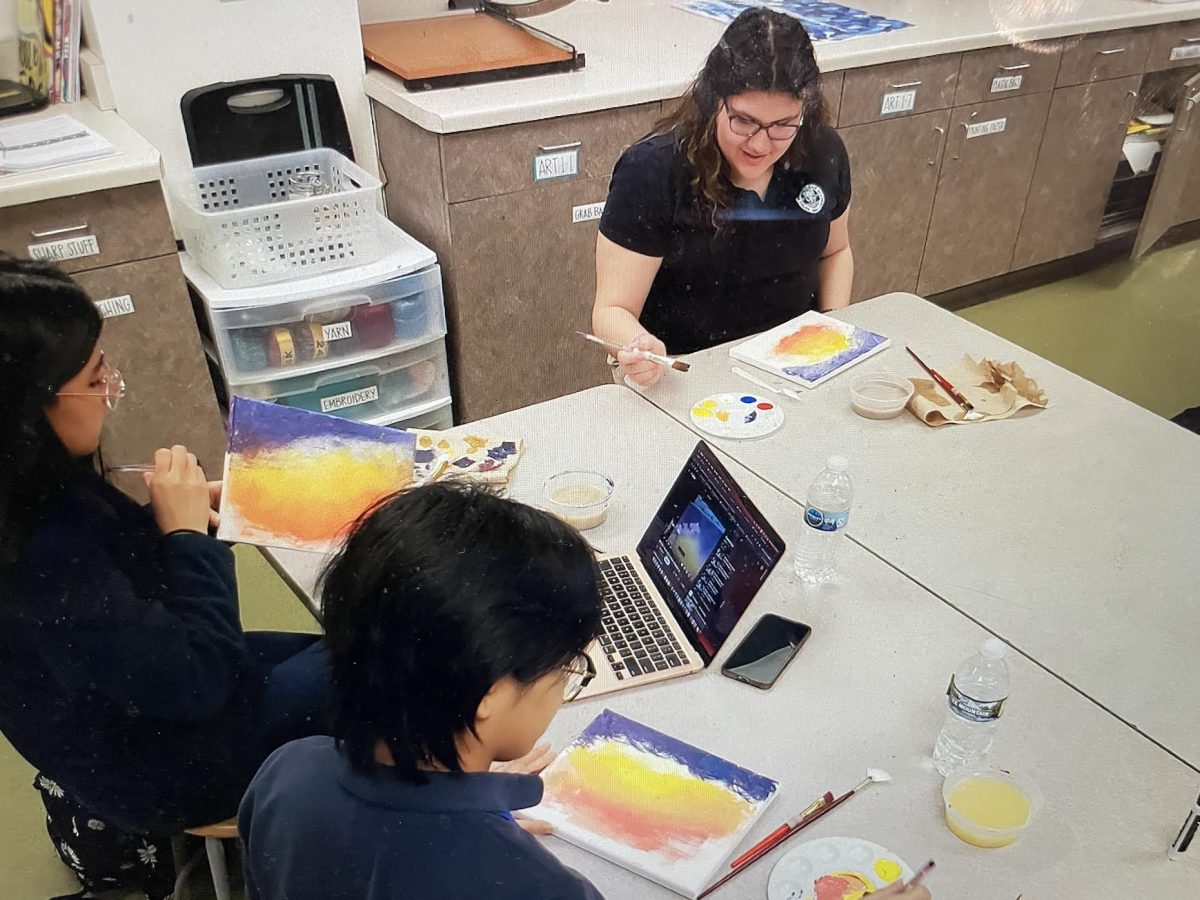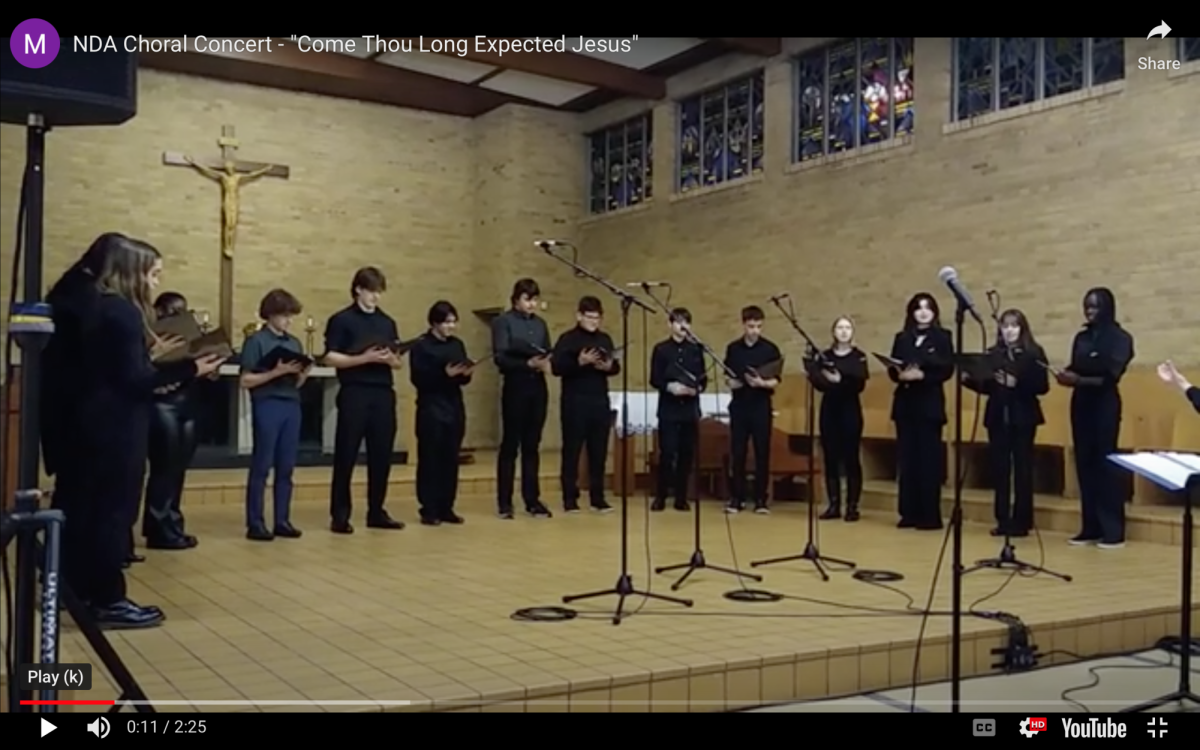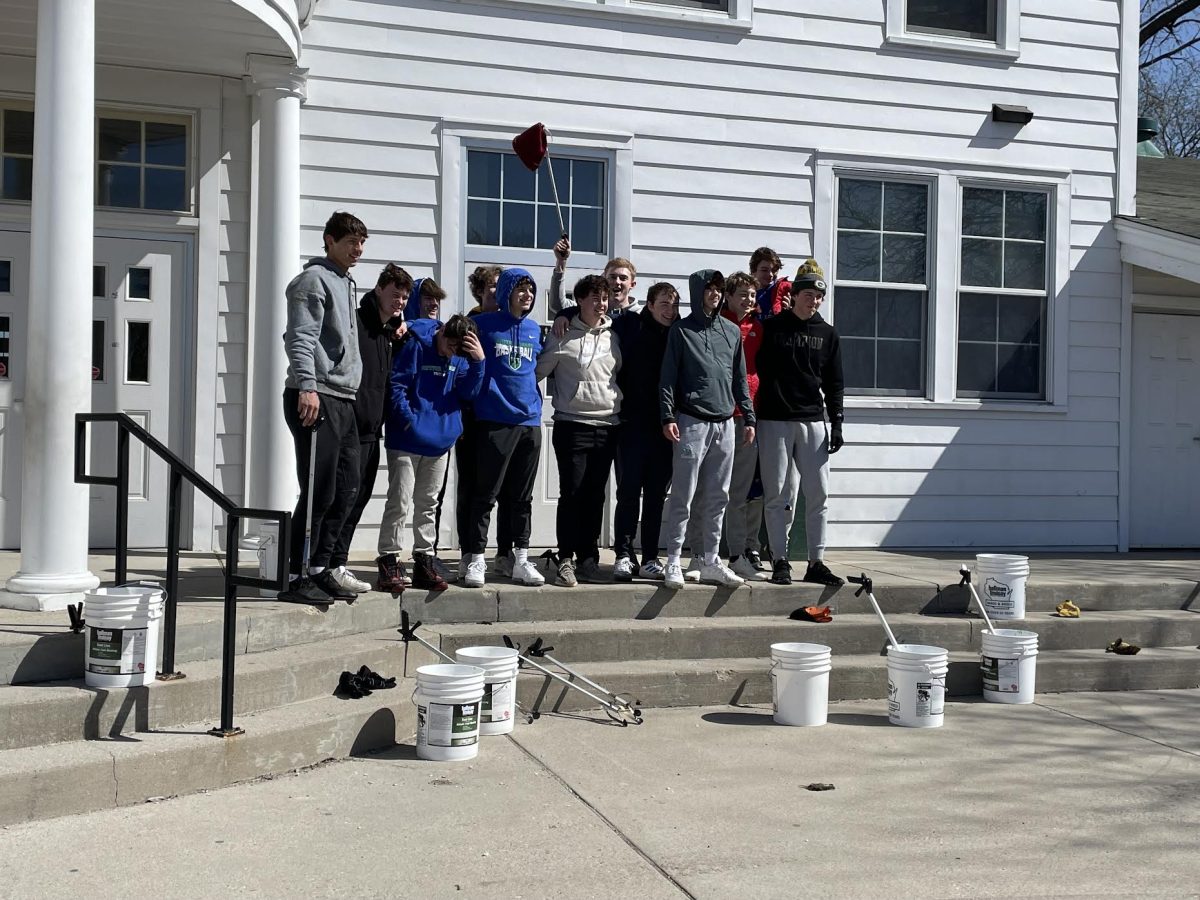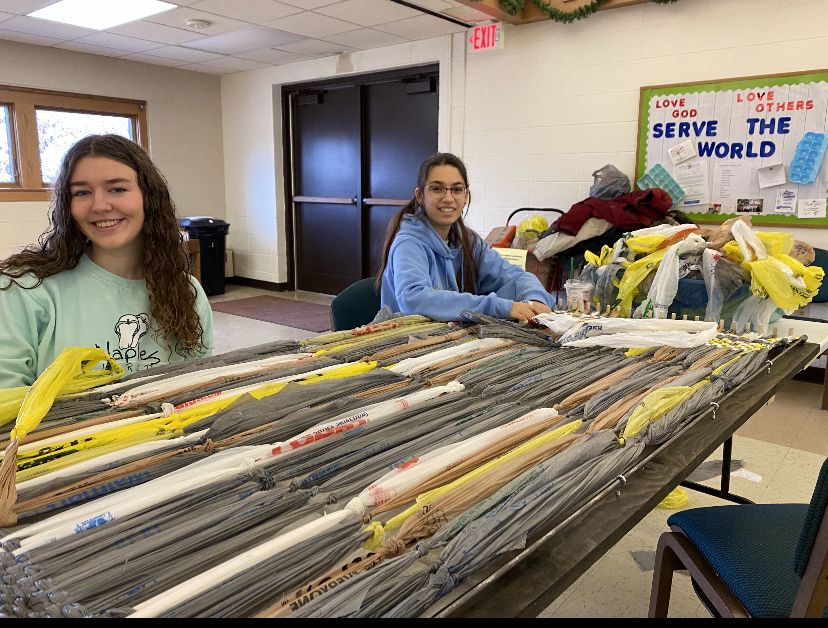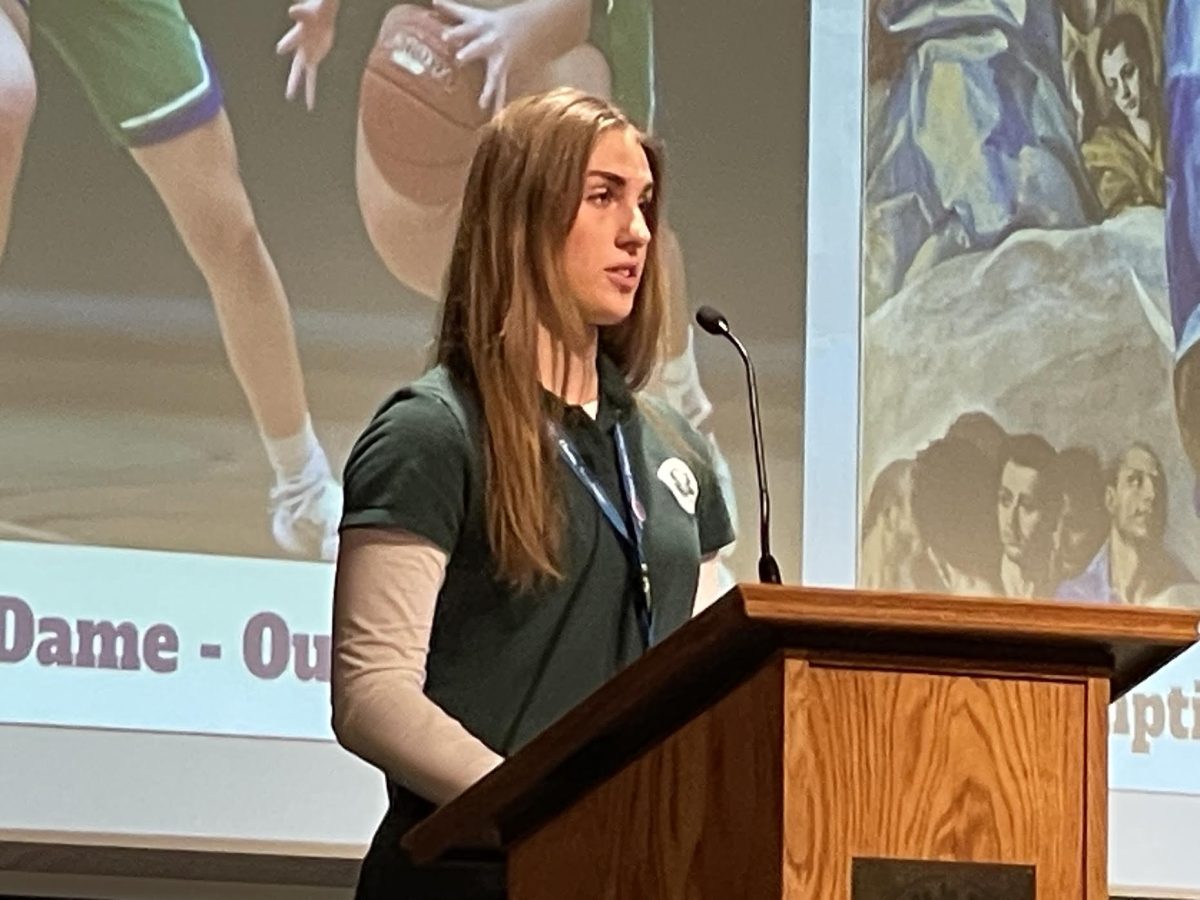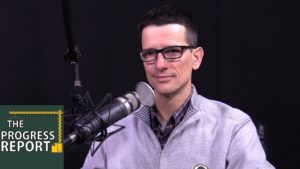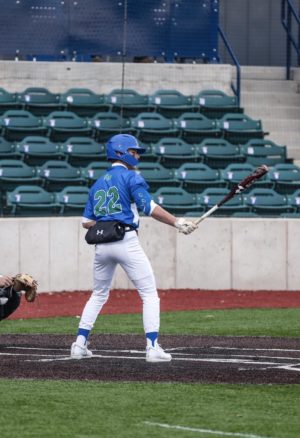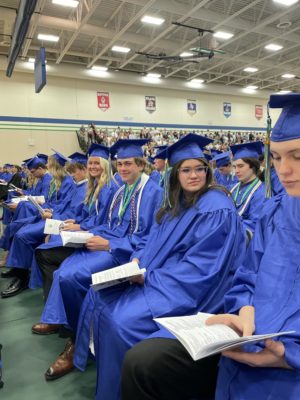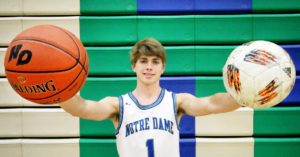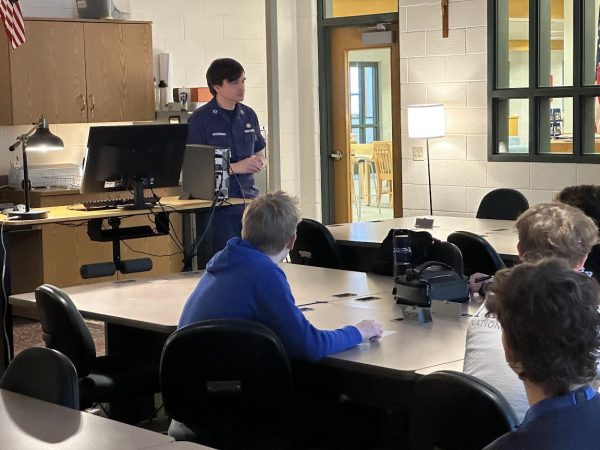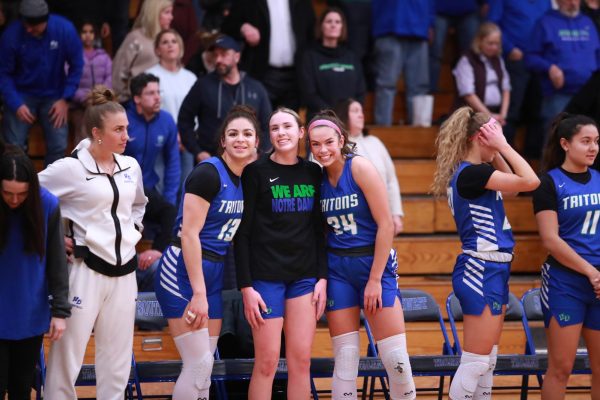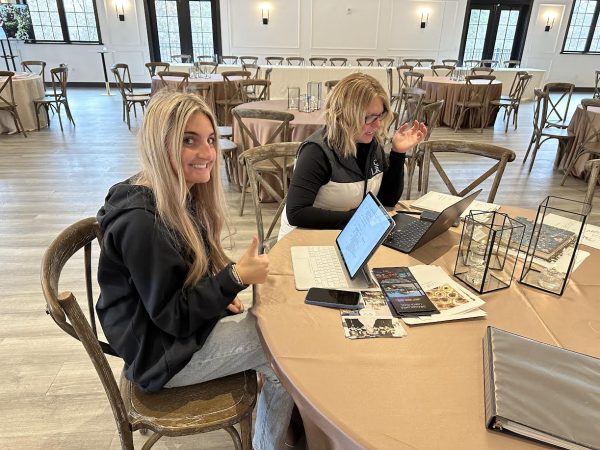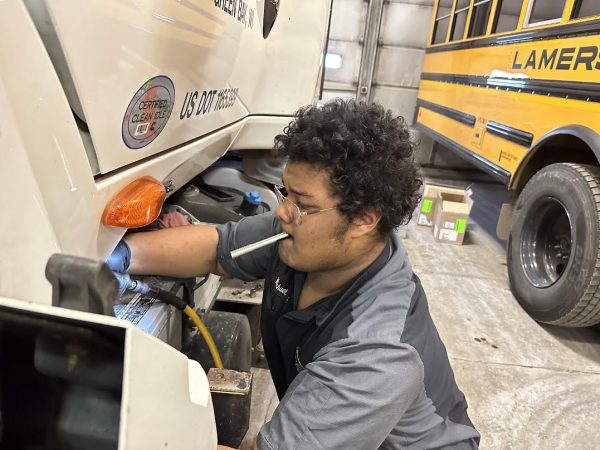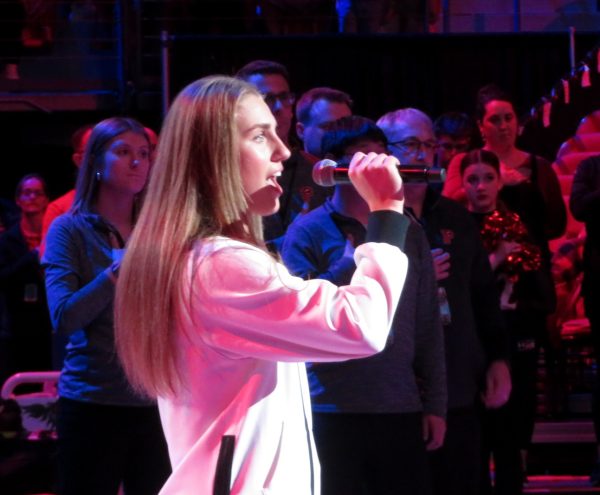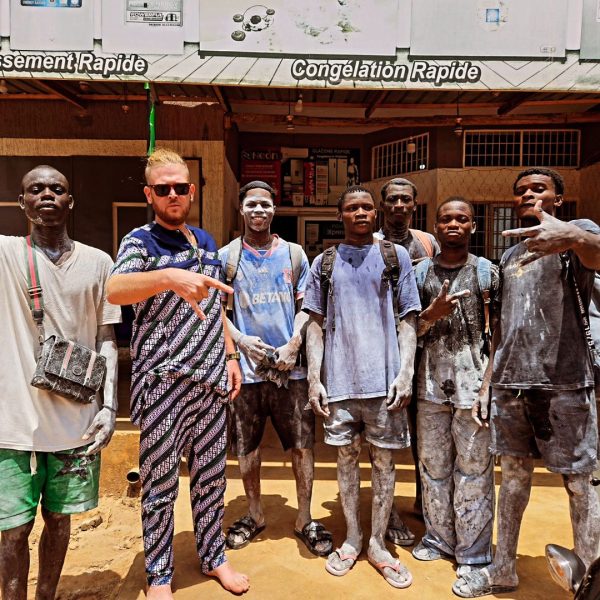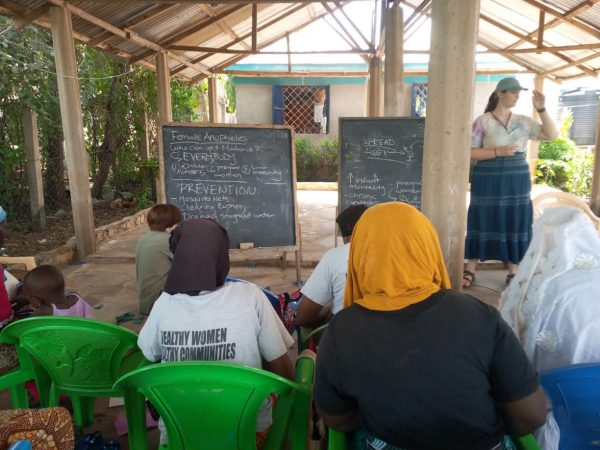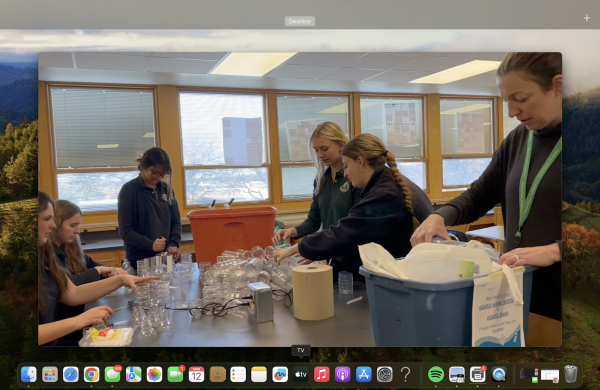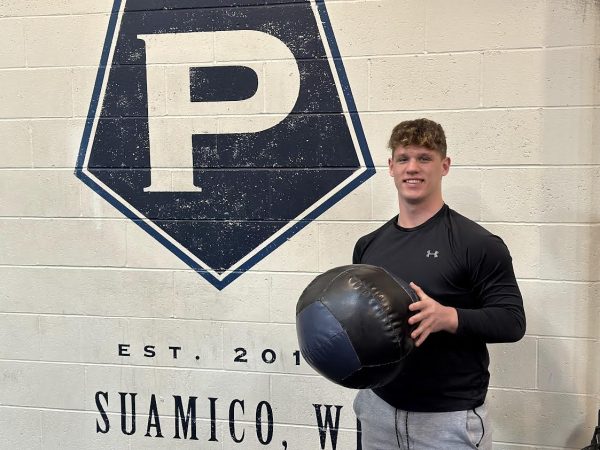Q & A with Learning Resource Specialist Cassidy McGowan
December 19, 2015
Where are you from?
I was born in Milwaukee. I lived there until I was seven years old, and then I moved to Indianapolis. My father got employed at Butler University as a professor, and my mom is a pharmaceutical representative. So, we moved to Indianapolis, and I went to high school there until I graduated. I got accepted to Marquette University, so I went back to Milwaukee and met my wife freshman year. We got married in 2006.
Upon graduation, we moved out to Washington, D.C. for three years. I taught fifth grade out there, and she worked for the Commerce Department, the Patent Office. So she looks at inventions. While I was teaching 5th grade, I got my Masters in Special Education from Catholic University. In 2007, because there is such a backlog in patents and inventions–if you submit one it won’t be looked at until three years from now– they have to clear all this office space and hire a thousand new people each year. Long story short, if you pass a test, you can work anywhere in the continental United States. She passed her test in 2009, so she wanted to move back to Green Bay, which was where she grew up. She went to Notre Dame Academy. She graduated in 2001. We have three children: a four-year-old, two-year-old, and an eleven-month old. Two boys and now a daughter.
What made you decide to go into Special Education?
I decided to do that [go into Special Ed] because I struggled as a student throughout school. My parents thought I was never going to be a reader. Obviously, everybody can read at some point, if they just work at it. I struggled reading. In the late 80s, early 90s, there was the “whole word” approach. So basically it was just rote memorization; you just memorized a word. It wasn’t the phonemes, where you sound out a word, which was completely foreign and not a good way for me to learn.
Eventually, I started becoming a better reader. I came up with some strategies to read. I decided that I wanted to help students in the same situation, also students who are disabled, because it’s always – not that I’m fascinated by that – but I’ve always found a calling to help students and people who are different than the typical learner. So I decided to get my Special Ed degree. There was also an economic impact, as there’s a big market for Special Ed teachers. You can go to any school, at any point, and you’re guaranteed a job. It was a two-way street, and it’s been very rewarding. I taught for nine years, and this is my tenth year in a school setting.
This is my first year not in a classroom. I taught 5th grade for three years at a school for students with learning disabilities: Dyscalculia (math), ADHD, Dyslexia – nothing severe. But then, when I went to Luxemburg-Casco High School in 2009, I started the Cognitive Disabilities Program. These are students who are nonverbal, students who are severely handicapped, who just struggle with everyday life: dressing themselves, hygiene, social skills, keeping a job. That was very eye-opening, yet rewarding. I’m dual-certified in History and Special Ed. The last three years at Luxemburg-Casco, I got out of the Special Ed program and taught General Ed classroom social studies.
Can you describe your job as Learning Resource Specialist at NDA?
Learning Resource Specialist is designed to help students who learn in a non-typical way, or a student who has a disability or a disorder and needs some support in the classroom. Also, to help the teachers come up with strategies, interventions, and supports. It could be as simple as moving a seat in the classroom away from windows, away from walls, or other distractions to providing big interventions, like a test broken down, or recording test answers so they don’t have to write an essay. There are multiple accommodations, but just making sure the student learns and is properly cared for in the learning environment itself.
What drew you to Green Bay?
My wife was originally from Green Bay, and she wanted to come back here. I’d visited a couple of times with her, but I’d never lived it here. The visits were only a few days at a time. It’s been six years now living in Green Bay, and it’s nice; it’s a nice city.
Why did you decide to apply at NDA?
I was looking for something new. Luxemburg-Casco is a phenomenal high school… but I thought it would be foolish not to apply and at least go through the process. I have a couple friends on staff here who told me the position was open. Mrs. Bain, Mrs. Gerl, Mrs. Abler – they’re phenomenal people to work with.
Who are some role models in your life?
My father – he’s phenomenal. My high school counselor, Mr. Shelby. Also, for service learning at Marquette University, I taught in the Milwaukee County Jail. There was a deputy that was in charge of me, kind of my boss, and he would be in the room while I taught inmates. The main goal – these were not high school graduates – was to get them their GED, their General Education Degree. He was quite a person. He was caring, regardless of your past indiscretions. He was just so caring to those inmates. He was caring to me. You could ask him any question and he would give you an honest opinion. He was well thought-out, pragmatic. Another role model was my Cross Country coach from high school, Rick Stover.
Do you have any goals for your life?
A couple of my goals were to graduate from college, which I’ve done. Have children, which I’ve done. Get married, which I’ve done. I’d like to maybe write a book someday, either about my experiences, or just write a memoir, or a nonfiction piece. That would be incredible. I’ve got a couple of ideas that I think would be great. I’d like to invent something, too. That’s what I’d like to do, even though my wife works for the Patent Office, so she cannot invent anything – it’s in her contract – I can invent things. I have a couple ideas. [Not disclosed here to protect the interests of Mr. McGowan.]


